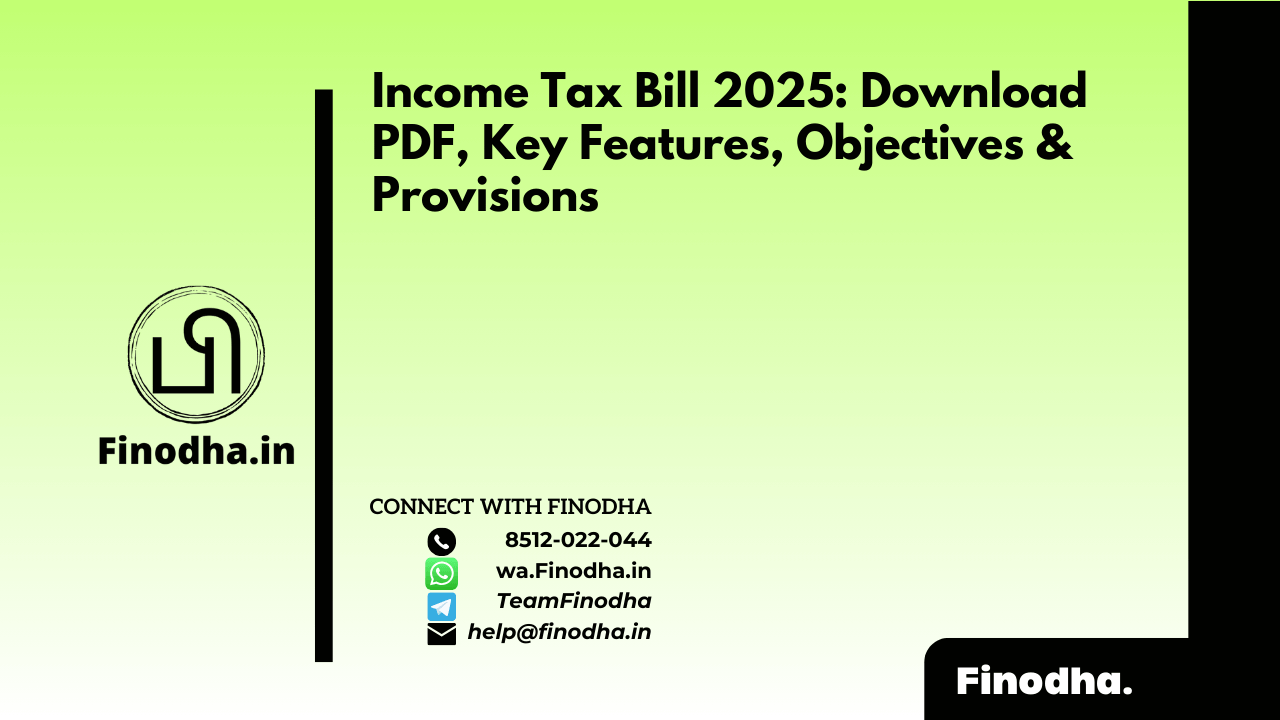Important Keywords: Accrual accounting, Revenue and expenses, Cash flow, Non-cash assets and liabilities, Cash accounting, Financial health, Credit transactions, Taxes on revenue.
Headings:
- Introduction to Accrual Accounting
- What is Accrual Accounting?
- Benefits and Drawbacks of Accrual Accounting
- When is Accrual Accounting Useful?
- Key Takeaways
- Conclusion
- Important Keywords for SEO
Sub-headings:
- Definition of Accrual Accounting
- Contrasting Accrual Accounting with Cash Accounting
- Importance and Applications of Accrual Accounting
Short Paragraphs:
Paragraph 1: Accrual accounting is a method used to determine a company’s net income by recognizing revenue earned and expenses incurred, regardless of whether cash has been received or paid. It considers non-cash assets and liabilities, such as accounts receivable, accounts payable, tax liabilities, and accrued interest.
Paragraph 2: In accrual accounting, transactions are recorded at the time they occur, rather than when cash is received or paid. This approach provides a more accurate picture of a company’s financial health by considering both current and future cash flows.
Paragraph 3: Cash accounting, also known as cash-basis accounting, is another method where payments and expenses are recorded only when cash is received or paid. It is simpler but may not reflect the true financial position of a business.
Paragraph 4: Accrual accounting is particularly useful for businesses that frequently engage in credit transactions. It helps in tracking sales and credits accurately, even if payment is not received immediately.
Paragraph 5: One drawback of accrual accounting is that businesses may end up paying taxes on revenue before receiving the corresponding cash payment.
Bullets:
- Accrual accounting records revenue and expenses when they occur, regardless of cash flow.
- It includes non-cash assets and liabilities in the balance sheet.
- Cash accounting records transactions only when cash is received or paid.
- Accrual accounting is useful for businesses with credit transactions.
- A drawback is that taxes may be paid on revenue before cash is received.
Questions and Answers:
Q: What is accrual accounting?
A: Accrual accounting is a method of recording revenue and expenses at the time they occur, irrespective of cash flow.
Q: How does accrual accounting differ from cash accounting?
A: Accrual accounting records transactions when they happen, while cash accounting records transactions when cash is received or paid.
Key Takeaways:
- Accrual accounting records revenue and expenses when they occur, providing a more accurate financial picture.
- It includes non-cash assets and liabilities in the balance sheet.
- Cash accounting, on the other hand, records transactions based on cash receipts and payments.
- Accrual accounting is beneficial for businesses with credit transactions.
- However, businesses using accrual accounting may pay taxes on revenue before receiving cash.
Conclusion:
Accrual accounting is a method that recognizes revenue and expenses when they occur, regardless of cash flow. It provides a comprehensive view of a company’s financial health by considering non-cash assets and liabilities. This approach is particularly valuable for businesses engaged in credit transactions. However, it’s important to be aware that taxes may need to be paid on revenue before cash is received. By understanding accrual accounting, businesses can make informed financial decisions and assess their overall financial position more accurately.
Capital gains (21) CGST (277) Chapter VI-A (15) e-Compliance Portal (21) E-Verify (20) economic growth (21) F&O Trading (29) F.No.354/117/2017-TRU (23) F. No. CBIC-20001/4/2024-GST (15) Financial planning (15) financial stability (17) GST (1424) IGST (222) Income from House Property (17) Income Heads (16) Income Source (14) Income tax (111) Income Tax Account (15) Income Tax Filing (20) Indian context (22) Indian investors (16) ITR-3 (19) ITR Form (20) P&L Statement (24) PAN (13) Risk Management (20) Salary Income (19) Section 7(1) UTGST Act 2017 (14) Section 8(1) UTGST Act 2017 (26) section 9 (18) section 10 (28) section 15 (13) section 25 (17) section 39 (24) section 49 (16) section 50 (16) section 51 (13) Section 52 (16) Section 54 (13) section 73 (20) section 74 (21) SGST (223) Speculative Income (14) Trading Income (33) UTGST (78)




